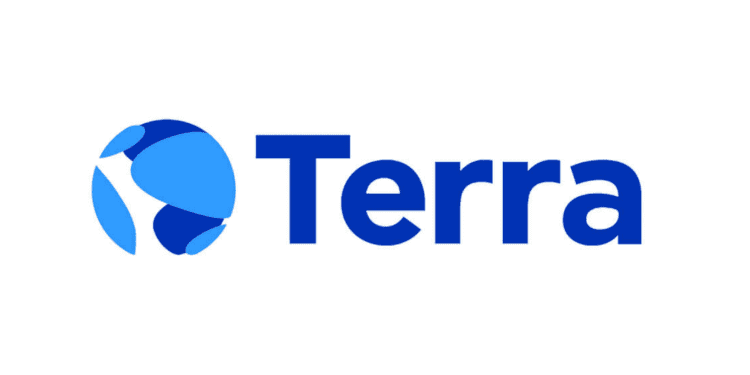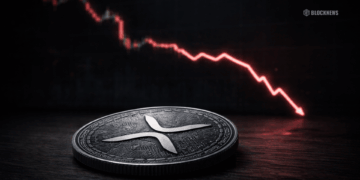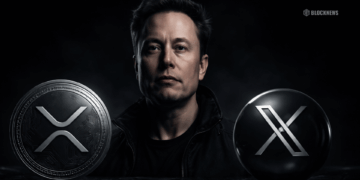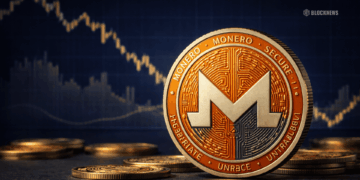- The SEC’s lawyers have challenged Dentons’ additional document submission for the dismissal of Terraform Labs’ lawsuit, stating the lack of sufficient evidence.
- Dentons insists the algorithmic stablecoin, UST, is not a security but has a practical function, thus dismissing the application of the Howey test.
- A ruling regarding the motion to dismiss the case is expected from Judge Jed Rakoff by July 14.
The legal team from Dentons, representing Terraform Labs and Do Kwon, presented supplementary material for their motion to dismiss the pending lawsuit brought forward by the U.S. Securities and Exchange Commission (SEC). The crux of the argument lies in whether Terraform Labs’ digital assets meet the criteria to be deemed securities under an “investment contract.”
Defending the Terraform Labs, Dentons emphasized that the UST, an algorithmic stablecoin, does not fall under the securities classification, making a strong case for its utility rather than its investment nature. As part of the motion to dismiss the lawsuit, they produced additional documentation, which included discussions from the U.S. House Financial Services Committee on digital asset regulation and stablecoin issuance, along with internal SEC communication concerning the agency’s restraining order request against Binance.US and correspondence from the SEC vs. Ripple lawsuit, also known as the Hinman emails.
The defense lawyers pointed out an existing “regulatory void” when distinguishing cryptocurrencies as securities. This is an important point of contention as the U.S. Congress currently engages in dialogues concerning digital asset and stablecoin issuance regulations. They also accused the SEC of overstepping securities laws by using internal emails about “investment contracts” to ascertain the security status.
Presiding over the case, Judge Jed Rakoff has declared that a final decision regarding the dismissal motion will be delivered by July 14. Dentons has a history of representing Kwon, with a previously challenged SEC subpoena related to the investigation of Mirror Protocol in 2021 and a class-action lawsuit in the Singapore High Court in 2022.
Meanwhile, Kwon and Terra’s former CTO, Han Chang-joon, were granted bail by the Basic Court in Podgorica, Montenegro. Currently, Kwon is held in extradition custody in Montenegro as the court deliberates South Korea’s extradition request for the Terra founder.
Recap of Terra, UST and LUNA
In April and May 2022, the UST stablecoin suffered a catastrophic depegging from its anchored value of $1. Its underlying algorithm, which has traditionally helped maintain its stability, began malfunctioning, resulting in a destabilized value.
Contributing to this financial frenzy was the tremendous sell-off of the LUNA token, which serves as collateral for UST. A wave of liquidation attempts by investors caused a drastic dip in LUNA’s worth, plummeting from an all-time high of $120 to near zero.
This meltdown reflects the volatility of the 2022 cryptocurrency market, known for its unpredictable and often extreme price swings. A sudden market downturn possibly incited panic selling, further exacerbating UST’s depegging and LUNA’s collapse.
The aftermath of this disaster has seen billions of dollars vanishing into thin air, leaving investors infuriated and directing their anger toward Terra’s founder, Do Kwon. The volatile nature of the crypto market once again rears its unpredictable head, catching investors off-guard and resulting in significant losses.














